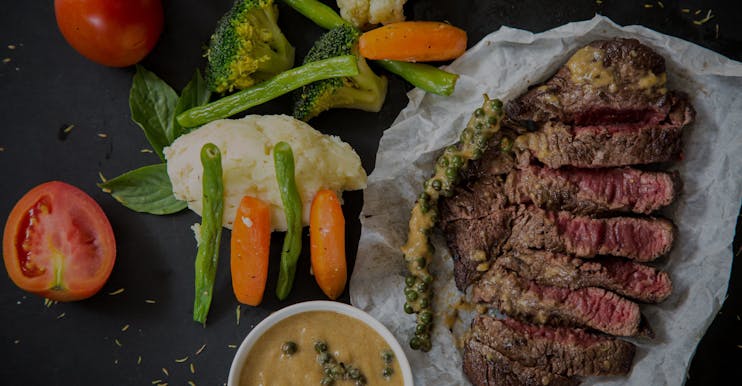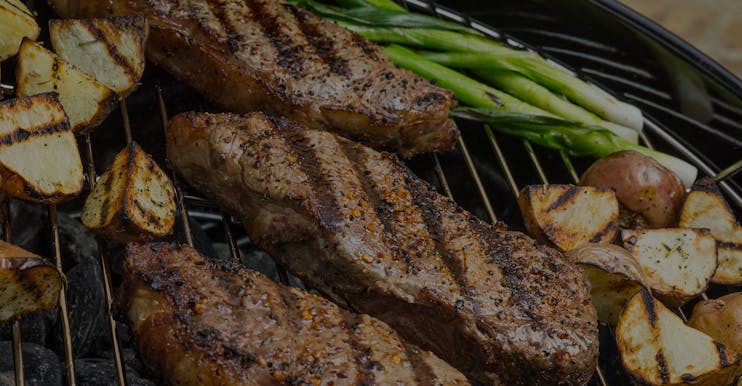Grill FactLies people tell you about grilling
It’s 2019 and there isn’t space in your life, kitchen or grill for half-truths. Here are a few commonly shared myths that you should not believe.
Myth: Tell the grill’s temperature by holding your hand over it
First of all—no. Second, why complicate things when many of our grills come with built-in lid thermometers? You can find them on our charcoal grills like the Original Kettle Premium 57cm, in all of our Spirit grills, and in our compact and portable Weber Q gas grills. Everyone reacts to heat differently and there is no way—not even if you’re a very talented cook—can you hold your hand over a hot grate and just know.
Myth: The hotter the grill is the better
A grill that can go a wide range of temperatures gives you flexibility, but high heat is not always the answer to everything. Depending on what you’re cooking and which method you’re using (searing, grilling, roasting or even baking), each ingredient should be treated differently to yield optimum results and flavor. There is no one heat setting that fits all. A good barbecue cook knows the right temperature to use—or at least is willing to follow the ones recommended in our recipes!
Myth: The red juice oozing from your grilled steak is blood
It’s actually just water. The red hue comes from myoglobin, a protein that helps muscle tissue store oxygen. Also, if it were blood, the red would be significantly darker.
Myth: Marinades tenderize meat
Most of the time, marinades are just a surface treatment that add flavor and do not make your meat more tender. Just think of your steak as an already saturated sponge with little space for more liquid. While flavor molecules like salt can split up and penetrate the surface, others like your pepper and garlic are unable to get pass the surface pores.
Many marinade recipes include ‘tenderizing ingredients’ such as citrus, beer, cola and pineapple but even then they only primarly work on the surface, and done wrongly it could even toughen your meat or make it mushy. Imagine, if you will, your meat proteins as rows of coiled ribbons that bind to each other closely. An acidic marinade (citrus, vinegar or wine) breaks and unwinds them temporarily and then they bond loosely together again. When the marinade is too acidic, these bonds tighten, squeezing the water out causing the meat to become tough.
Myth: Gas grills = bland food
We suspect this might have been perpetrated by charcoal snobs who want to keep their process pure. While the debate rages on about whether which is better—to be honest, we believe any grilling is good grilling if it suits your needs and tastes—it is absolutely not true that food grilled over a gas grill will turn out flavorless.
In fact, in blind taste tests we’ve run, people can’t even significant taste difference between foods cooked on charcoal or gas grills. If it’s a flavor boost you’re after, Weber’sQ gas grills have an in-built Flavorizer System that are angled just right to catch drippings and smoke them to give your food the classic barbecue flavor everyone’s after.
Related Posts

Stories from Asia
See the world with grill flavors

Stories from Asia
How To Grill
